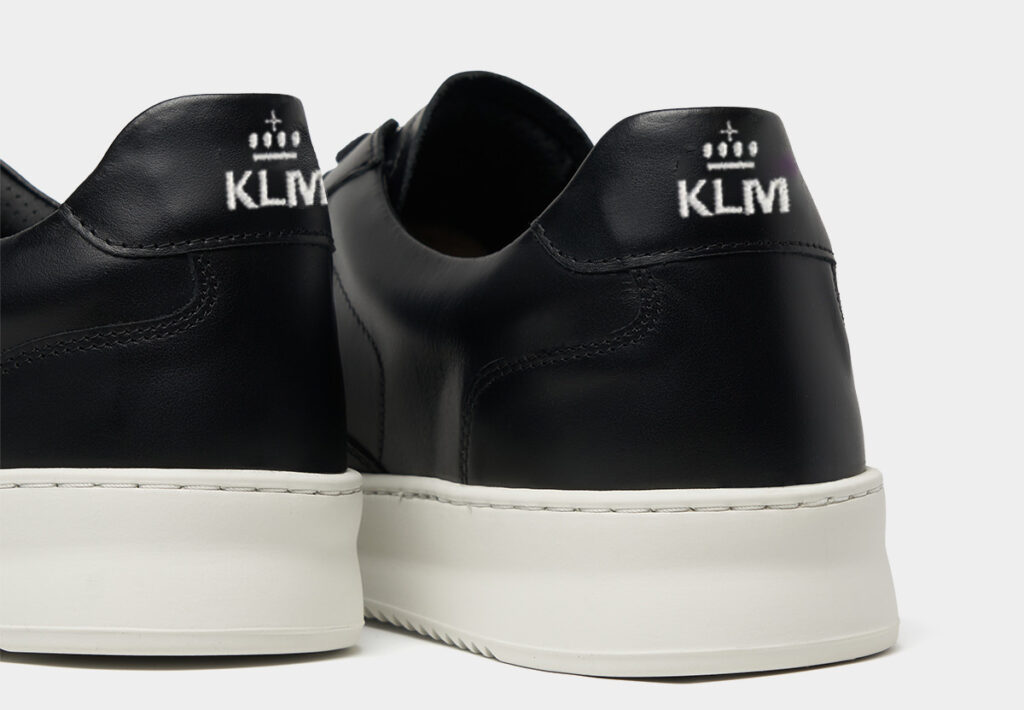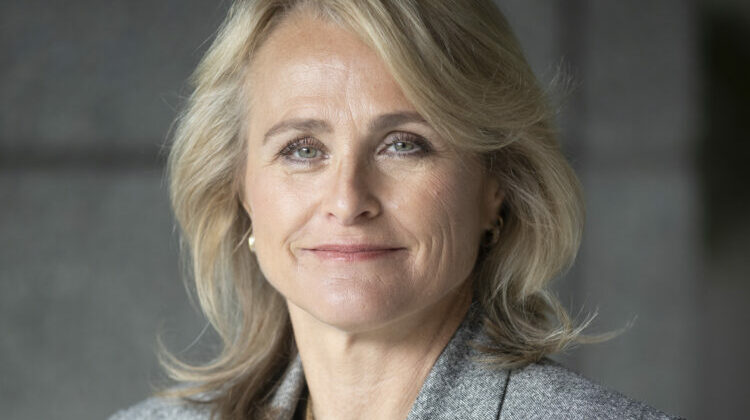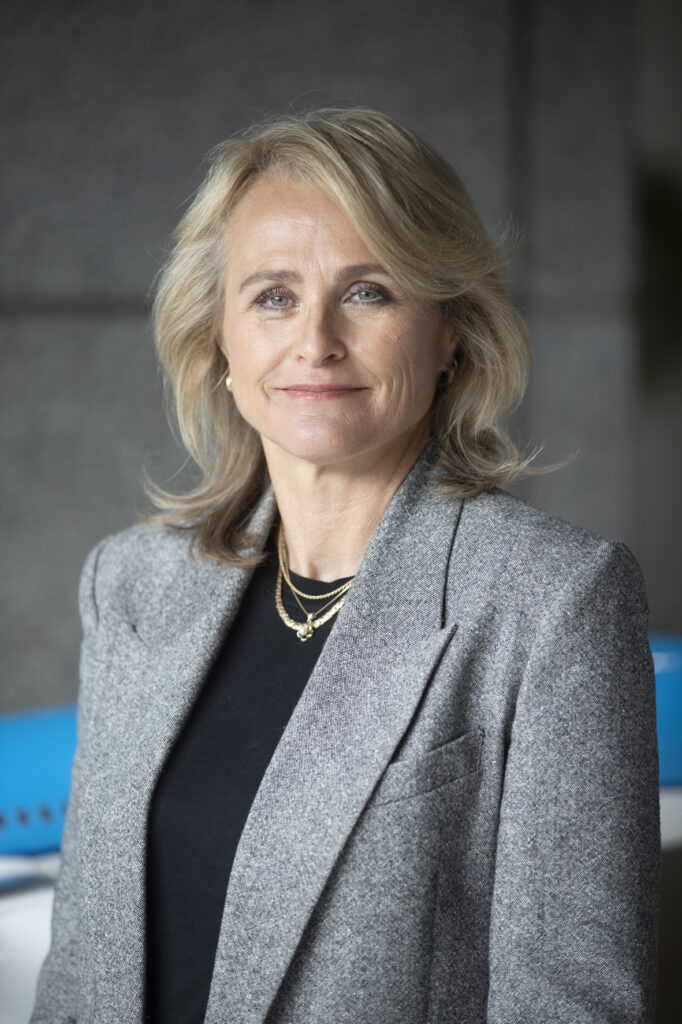
Marjan Rintel will have been CEO of KLM for two years on 1 July 2024. She took on this role during a turbulent post-covid period, during which she had to deal with a daily stream of political debate, often unreasonable. The conversation turns to sustainability, more expensive tickets, wanderlust and even sneakers. TravMagazine spoke with the top woman during the IATA conference in Dubai.
What are the challenges you’ve faced since you started as CEO?Marjan Rintel: ‘Of course, these were still rollercoaster years, with the period after Covid and the announcement of the contraction. That case is still ongoing. In addition, there was getting the capacity back in order. The past few weeks, months and especially the May holidays have gone well. What is very good, of course, is that it turns out that flying has a future. People just want to fly again, they’re going on a trip.’ What urgent advice would you like to give the new government? ‘We have to make a plan for the future that we can stick to. Of course, we’ve been saying that for a while, but we need a reliable partner. Together we make the Netherlands. And that includes a good business climate, that includes an airline and companies that want to establish themselves in the Netherlands.’ On the one hand, aviation seems to be in the dark in public opinion, on the other hand, the demand for airline tickets is enormous. What is this discrepancy in the Netherlands? ‘I think that’s very strange. If you look at that image problem: I actually gave a public interview at the University of Amsterdam, where you know that something like this can be for a critical audience. But people lined up to have their picture taken and ask how to apply. We have also been able to read again that we are one of the four most attractive employers. But you also see it around SAF (Sustainable Aviation Fuel, ed.), we as AF/KLM buy 16% of the global SAF. But if you look at how many people actually buy SAF voluntarily, it’s very limited. Of course, this also applies to other sustainable products that do not belong to our sector. Whether it’s about clothing or certain products in the supermarket. Are you willing or unwilling to change your habits?’ 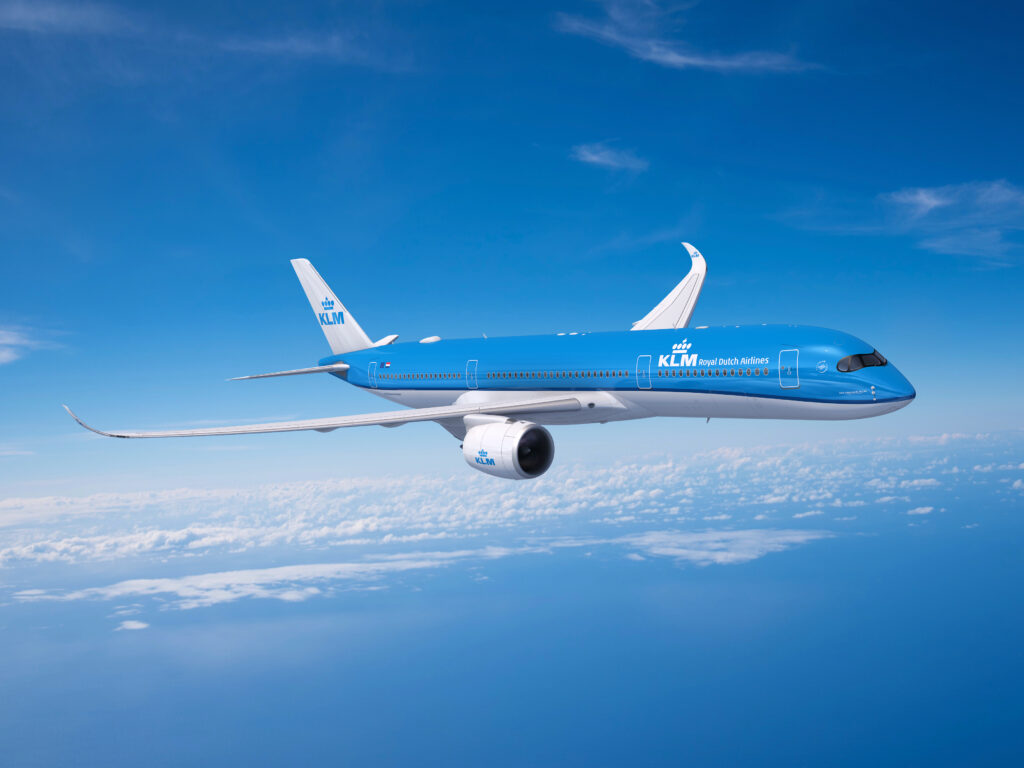
Perhaps the media does not properly reflect the actual behavior of the consumer. ‘Of course, you often see, not even new, that bad news sells better than good news. We continue to say that we take responsibility. We want to become more sustainable quickly, and we are taking a lot of measures to achieve that, including within KLM itself.’ Atilay Uslu, founder of Corendon, recently suggested abolishing all flights up to 500 kilometres. What do you think of that idea? ‘I’ve just sat down with the minister, ProRail, NS and Schiphol, because I also believe that you should promote train travel. But where possible. However, the government must first invest in infrastructure and we must make agreements with each other about coordination, timetables and connections. And how to make it easy; The passenger must be able to easily carry the suitcase and transfer. But at the moment, infrastructure is not yet optimal. You can abolish flights of up to 500 kilometers, but if you can’t get to your destination, you haven’t solved anything. Then everyone has to get on the road in their cars.’ But in 2024, the train is largely not yet a competitive product, is it? I would argue that it will not be possible to get that sorted out within five to ten years. ‘Certainly not. If you have to lay down infrastructure for that, it will take you at least twice as long. We are now in talks with a number of parties to investigate how we can really improve the position of a number of destinations in Germany, Brussels and Paris. So I think there are still steps to be taken, but stopping everything up to 500 kilometers is not entirely realistic. That infrastructure just isn’t there.’ 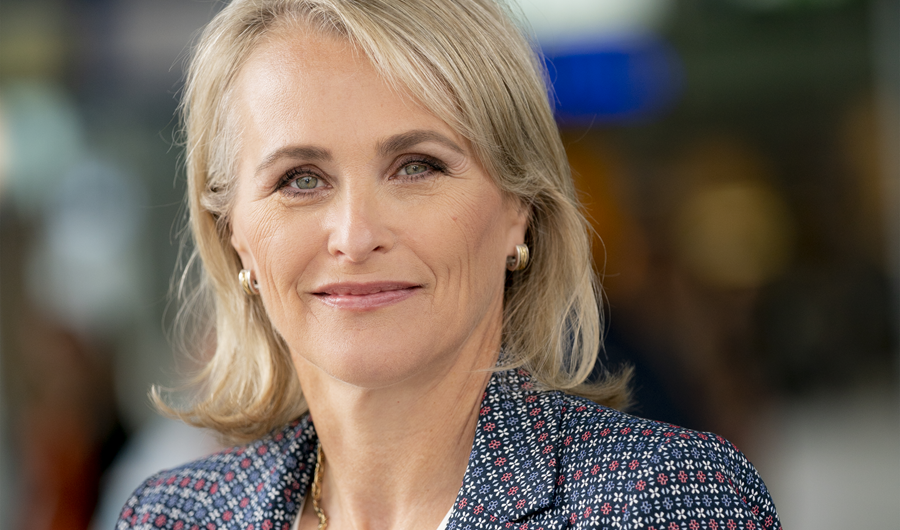
A frequently heard remark: the plane ticket is becoming too expensive for the ‘ordinary’ Dutchman. What’s your reaction to that? ‘We have to be realistic: flying is really becoming much more expensive. And unfortunately, I hear too often that we ‘have to pay taxes once in a while’. Let’s be realistic and look at the amount of tax that is already on a plane ticket. There is more to come from the EU that will eventually have to be paid for. So flying is indeed getting more expensive. Our ambition is, of course, to keep the product affordable, which is already very difficult in the context to which we have committed ourselves. I also think it is too easy to say that people who want to go on holiday should fly across the border from airports. Of course, that would be a shame.’ How is the collaboration with partner Air France going, and can KLM express itself when it comes to KLM’s interests? ‘Well, that’s a very old subject. I think our focus is really on how we can further strengthen our group. You can only do that by working together, and also only by looking outwards, at our competitors. How do they do it? How can we be competitive? What do we need in this consolidation? We do this on the basis of full cooperation. Because I always think: we all have an interest in making the group as strong as possible.’
‘We need to make a plan for the future that we can hold on to’
SAS joins the ranks. What is the added value for KLM? ‘In the end, that is of great added value, because it may also allow us to fly to even more destinations in the Nordics. It strengthens KLM’s network.’ Are there any places on the world map that KLM would like to fly to?
‘My biggest task at the moment is to increase KLM’s capacity. We’re still not at 100% on long-haul routes. Partly because of the catch-up to get the right amount of pilots in, which turns out to be complicated. Fortunately, there is a lot of enthusiasm for the profession of pilot, it is a very attractive profession. So we can find the candidates, but of course we also have to train them and that takes a while. In addition, we still have to deal with a whole retraining task for the new Airbus aircraft. I want to focus on catching up first. If we do that, we will be able to get back to the destinations we would like to fly to.’ As you mentioned earlier, KLM has been named one of the most attractive employers in the Netherlands. How does an airline do that? ‘I think that has to do with a number of elements. First of all, simply with the product we have: flying has a future, and people just want to travel. But also the Dutch touch we have. Those memorable experiences that we still manage to convey. From all those KLM employees who have been working day and night, all these years, for KLM. With a smile, service and sometimes a joke. Of course, that is what is so much appreciated. We remain committed to sustainability by being and remaining innovative. I think these are elements that also appeal to young people, aren’t they? (Laughing): yes, sorry, I’m starting to get excited about it again. It’s so versatile at KLM and there’s so much you can do for a great career, in any department.’ Finally, your crew is now allowed to travel the world in trendy sneakers. How do they walk? “I can tell you that from personal experience, because I have them myself. I had the opportunity to test it out a year ago during the Sustainable Flight Challenge to Los Angeles. Well, super! I even get a thank you note from pursers with a photo of a trip to Cape Town, letting me know how much fatigue it saves. And that is of course also important: the well-being of KLM employees. With something as simple as sneakers. Then I think: very good, you’re welcome…’ 